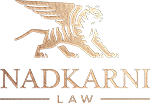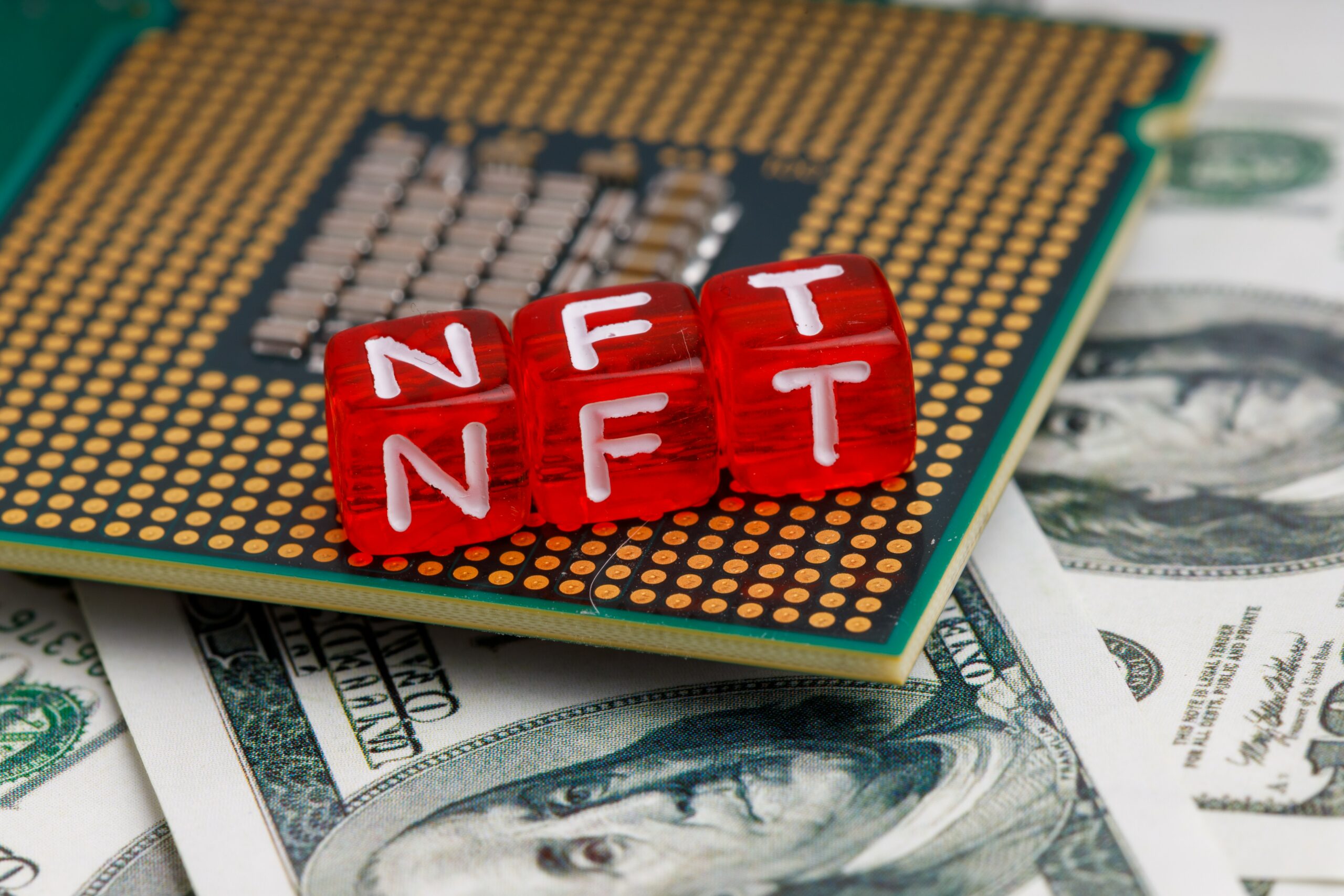How Are NFTs (Non-Fungible Tokens) Protected By Copyrights?
You may have heard about NFT; it is the latest digital craze with high monetary value and is treated as the next “IT” digital asset. Just like with any investments, especially high-priced and valued like NFTs, it is reasonable to look for ways to protect them. One way to protect these popular digital data files is by establishing ownership recognition and through the protections availed by intellectual property law, specifically by a federal trademark copyright registration.
What Is Copyright Law?
A sub-area of intellectual property law is copyright law. This practice area is primarily focused on protecting original works of authorship, which could include tangible and intangible materials, which include digital files like NFTs.
Copyright protects the expression in authorship from being copied by others. This is especially helpful when establishing ownership of a work product and defending it from being used either by a direct copy or derivative work by third-party entities.
Generally, copyright law protection automatically attaches to the work product when the author or creator fixes their work in a tangible expression. This is called a common law copyright. However, there are real benefits in obtaining a federal copyright registration on a work product rather than simply relying on common law copyright.
Some of these advantages include, but are not limited to:
- Having the authorship and ownership of the material certified by a public record.
- Having federal protection over the high-value asset.
- Having the ability to file copyright infringement claims and lawsuits against 3rd party infringers.
Although copyright law is an excellent path to protecting original works, it is crucial to understand that this sect of intellectual property law does not protect underlying ideas included in the work product or against independent development. This means that the protection availed by copyright law is strictly limited to the work product being copied by others and not to the idea of the product.
The following requirements must be met for copyright law to attach to the work product:
Work Of Authorship
The first element is the work of authorship, which is the work produced by the author or creator. A sampling of work product that includes published and unpublished work includes, but is not limited to, the following:
- Literary or textual works
- Images such as designs, drawings, graphic, sculptural, or pictorial works
- Musical, dramatic, or choreographed works
- Sound recordings, audio works
- Computer programs, including websites, digitized works, and even software.
Original
The “original” requirement, as defined by copyright law, means that the work product is not copied from an earlier work as long as it contains some creativity.
Fixed Tangible Medium Of Expression
Lastly, copyright law requires a work product to be “fixed.” Generally, this means that the work product must be fixed in a tangible medium of expression; and that the work product is definite and set in a tangible manner.
What Are Non-Fungible Tokens Or NFTs?
Non-fungible tokens, known as NFTs, are unique digital tokens stored in a blockchain,
which serves to certify the asset’s owner and authenticity. Blockchain also verifies the ownership of the non-fungible token and allows for its transfer, selling, and trading. Since NFTs typically come in the form of digital files, they are uniquely identifiable and thus aptly termed non-fungible. Each NFT token is a unique digital identifier that cannot be altered, copied, or divided.
How Are NFTs Protected Via Federal Copyright Registration?
Copyright law protections avails numerous benefits to the work product, such as NFTs, by securing the ownership and authorship of the material. On a high-value asset that is entirely digital, hence, intangible in nature, ownership of an NFT is critical to its owners. As such, copyright law avails this protection through federal copyright registration.
What Rights Do Holders Of Federal Copyright Registrations Of NFTs Have Over Their Assets?
An NFT owner that has obtained a federal copyright registration with the United States Copyright Office avails the following exclusive rights under the Copyright Act of 1976:
- Reproduce the work;
- Prepare derivative works that are based on the original work product;
- Distribute copies of the work product;
- Display or perform the work product in a public manner; and
- License the work product
By having these benefits, an NFT owner is recognized to be the owner of their assets and enjoys being the only one with the right to enjoy, exploit, and utilize their NFT assets.
Are You Looking For An Experienced Copyright Attorney to Legally Protect Your Non-fungible Tokens?
Book a consult with the Board-Certified Intellectual Property Attorney at Nadkarni Law PLLC to learn how we can help you protect your non-fungible token (NFT) in the United States. Nadkarni Law PLLC provides its copyright protection services locally in Miami, state-wide in Florida, and nationwide all over the United States.





